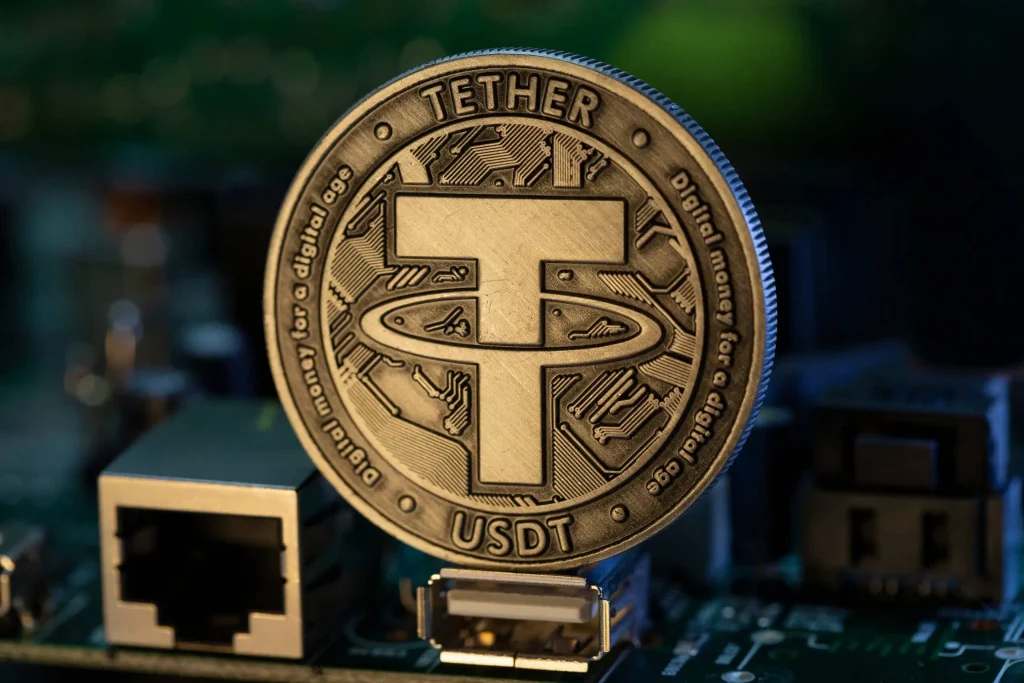
On December 30, the EU’s MiCA regulation for digital assets came into effect, coinciding with a drop in USDT’s market capitalization from over $141 billion mid-month to approximately $137.5 billion.
The MiCA framework imposes stringent requirements on stablecoin issuers, including licensing, reserve, and liquidity norms.
Agnė Lingė of WeFi told The Block that compliance with MiCA could be economically burdensome for large stablecoin issuers like Tether, which operates a diversified business model. She highlighted that smaller issuers must now hold 30% of reserves in low-risk EU commercial banks, while Tether and other major players face a threshold of 60% or more.
Despite these challenges, Lingė does not foresee significant financial consequences for Tether due to a potential EU exit. The company is projected to earn around $10 billion in profits this year, supported by substantial cash reserves and diversified revenue streams. She also noted that most EU countries provide transitional periods of 6 to 18 months for compliance with the new rules.
Amid regulatory uncertainty, some European crypto exchanges, such as Coinbase Europe, delisted USDT and five other stablecoins. In contrast, Binance and Crypto.com chose to maintain support for these assets, awaiting further clarification on MiCA’s requirements.
Uldis Teraudkalns, Chief Revenue Officer at Paybis, remarked that MiCA will transform the EU crypto landscape with far-reaching effects. He speculated that compliance costs could push out some companies, regardless of size, while benefiting jurisdictions close to the EU, such as the UK and Switzerland, depending on their regulatory developments.
Teraudkalns acknowledged MiCA’s potential to enhance investor protection and reduce fraud risks but warned that these benefits come with increased costs, likely driving industry consolidation and reducing competition. However, he emphasized that the EU market remains attractive, with companies expected to migrate internally to regions with more lenient regulations.
In August, Tether’s CEO Paolo Ardoino criticized MiCA, describing it as a “systemic risk” not only to stablecoins but also to the banking system. In December, he echoed the sentiment that the regulation could be seen as a “gift” to traditional financial institutions.








 Cryptol – your source for the latest news on cryptocurrencies, information technology, and decentralized solutions. Stay informed about the latest trends in the digital world.
Cryptol – your source for the latest news on cryptocurrencies, information technology, and decentralized solutions. Stay informed about the latest trends in the digital world.